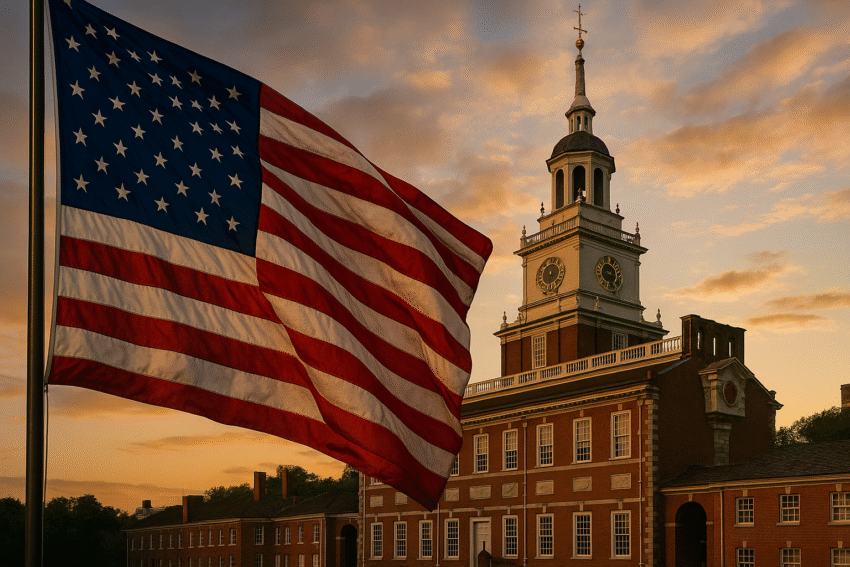A Legacy Born in Revolution
On July 4, 1776, the Continental Congress adopted the Declaration of Independence, marking the birth of a new nation founded on principles of liberty, justice, and the right to self-determination. The United States of America emerged from a bold and unprecedented rejection of colonial rule—a revolutionary act that would ripple across centuries and continents.
Now, as the U.S. commemorates its 249th Independence Day, this milestone invites reflection—not only on its revolutionary origins but also on the evolving identity of a nation that continues to shape global ideas of freedom, governance, and human dignity.
The Democratic and Republican Character
America’s founding was a blend of democratic aspiration and republican structure. The Constitution enshrined a representative system that balances power through checks and balances, allowing both federal and state voices to thrive. Yet the enduring challenge remains: how can a republic safeguard democracy in an increasingly complex and polarized world?
Over nearly two and a half centuries, the U.S. has extended voting rights, abolished slavery, confronted institutionalized segregation, and led global campaigns for democracy and human rights. Its democratic-republican structure, though imperfect, still serves as a model—and a mirror—of both progress and contradiction.
Present-Day Challenges: Unity in a Fractured Age
In 2025, America stands at another historical inflection point. Its political landscape is marked by deep polarization, questions about election integrity, and fierce debates over immigration, gun control, education, reproductive rights, and climate action.
Culturally, the nation is grappling with how to balance free speech and misinformation, tradition and progress, heritage and inclusivity. Economically, the U.S. faces widening wealth gaps, inflation concerns, AI-driven job displacement, and the global race for technological supremacy. Yet, it remains a hub of innovation, entrepreneurship, and resilience.
America’s Global Role and Responsibility
As the world’s oldest enduring democracy, the United States is both a beacon and a battleground. The nation’s policies, alliances, and conflicts have far-reaching implications for global peace, trade, human rights, and environmental stewardship.
In recent years, America’s role in defending democratic values has become more contested. Some view it as a moral leader; others, as an inconsistent actor. Still, when democratic backsliding, authoritarian regimes, and social exclusion threaten societies around the world, the U.S. has both an opportunity and a responsibility to lead—not just by might, but by example.
Diversity, Equity, and Inclusion: A Renewed Promise
Central to America’s promise is the idea that “all men are created equal.” Yet history shows that this promise was not equally granted to all. The long struggles for civil rights, LGBTQ+ protections, gender equality, Indigenous recognition, and immigrant justice reflect the nation’s ongoing effort to live up to its founding ideals.
In today’s climate, movements advocating for diversity, equity, and inclusion are not a divergence from American values—they are an urgent expression of them. Independence Day is a time not only to honor national pride, but also to recommit to the unfinished work of ensuring those freedoms are realized by everyone.
The Work of Freedom Never Ends
The 249th anniversary of American independence is more than a celebration of fireworks and flags—it is a moment to reflect, reckon, and reimagine. For the United States to remain a torchbearer of liberty, it must continue its pursuit of “a more perfect union,” both within its borders and across the world.
As the country prepares for its 250th year, the question isn’t just how far America has come—but how courageously it will move forward in the name of democracy, inclusion, and justice for all.


